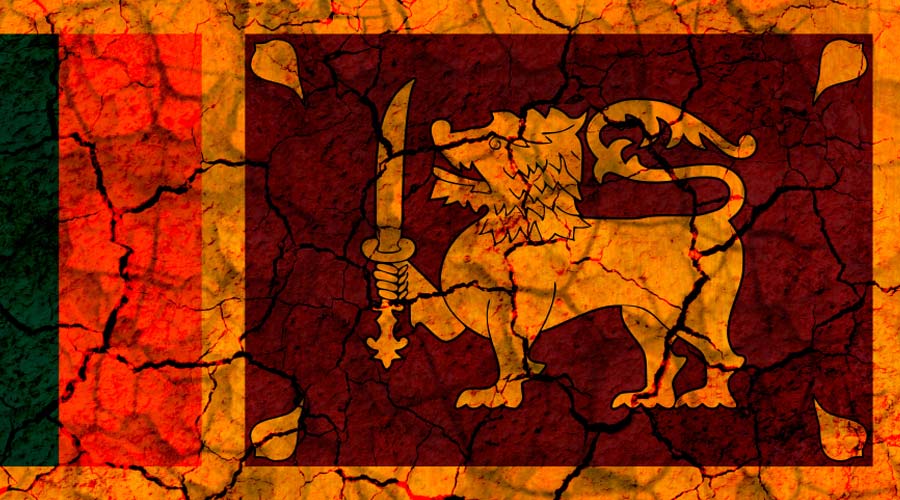Sri Lanka's Cabinet has deferred by a week the approval of the proposed 21st Amendment to the Constitution to empower Parliament over the executive president, amidst stiff resistance from some members of the ruling party.
The 21st Amendment is expected to annul the 20A to the Constitution which gives unfettered powers to President Gotabaya Rajapaksa after abolishing the 19th Amendment.
The draft of the proposed amendment was presented at Monday's Cabinet meeting.
It was decided to approve it only after all parties agreed with the amendments proposed. It will be presented to the Cabinet next week," Charitha Herath, a government parliamentarian, told reporters.
A section of the ruling Sri Lanka Podujana Peramuna party (SLPP) is averse to bringing in 21A without addressing the current economic crisis.
People are facing difficulties without essentials. We will have to think of settling the economic issues first before trying political solutions," Sagara Kariyawasam, the ruling SLPP general secretary said.
Constitutional Affairs Minister Wijedasa Rajapakshe was hopeful of having the Cabinet nod on Monday.
The government announced on Friday that most of the concerns raised by parties had been addressed and agreed upon.
However, the main Opposition party, Samagi Jana Balawegaya (SJB), expressed disagreement, saying the government needed to wait until the Supreme Court's determination on their draft document on the amendment.
The SJB has accused the government of watering down the amendment so as to allow president Gotabaya Rajapaksa to continue enjoying full powers.
The SJB presses for the abolition of the presidential system.
The constitutional affairs minister said the government's aim was to move provisions which may require it to be subject to a national referendum.
Prime Minister Ranil Wickremesinghe last week batted for the 21st Amendment to the Constitution, saying it will curb the president's unlimited powers while enhancing the role of Parliament in governing the debt-ridden country which is also facing an unprecedented political turmoil.
His proposal to introduce the 21st Amendment met with stiff resistance from some members of the ruling SLPP party.
They charged that Wickremesinghe was looking to garner more power for himself while weakening President Rajapaksa who appointed him.
The powerful Rajapaksa family tightened their grip on power after their massive victory in the general elections in August 2020, which allowed them to amend the Constitution to restore presidential powers and install close family members in key positions.
Wickremesinghe was the main sponsor of the 19th Amendment in 2015 which empowered Parliament over the executive president.
The constitutional reform was a major plank of the agreement between Rajapaksa and Wickremesinghe when he took over the job of prime minister on May 12.
Sri Lanka has been grappling with unprecedented economic turmoil since its independence from Britain in 1948.
Sri Lanka's economic crisis has created political unrest with protesters demanding the President's resignation.
Under the 21A, the President will be held accountable to the Parliament.
The Cabinet of Ministers is also accountable to Parliament. The National Council is also accountable to Parliament. Fifteen Committees and Oversight Committees are accountable to Parliament.
Sri Lanka in mid-April declared that it was unable to meet its foreign debt payments and the International Monetary Fund (IMF) classified Sri Lanka's debt as unsustainable. Therefore debt restructuring was key for an IMF programme.











